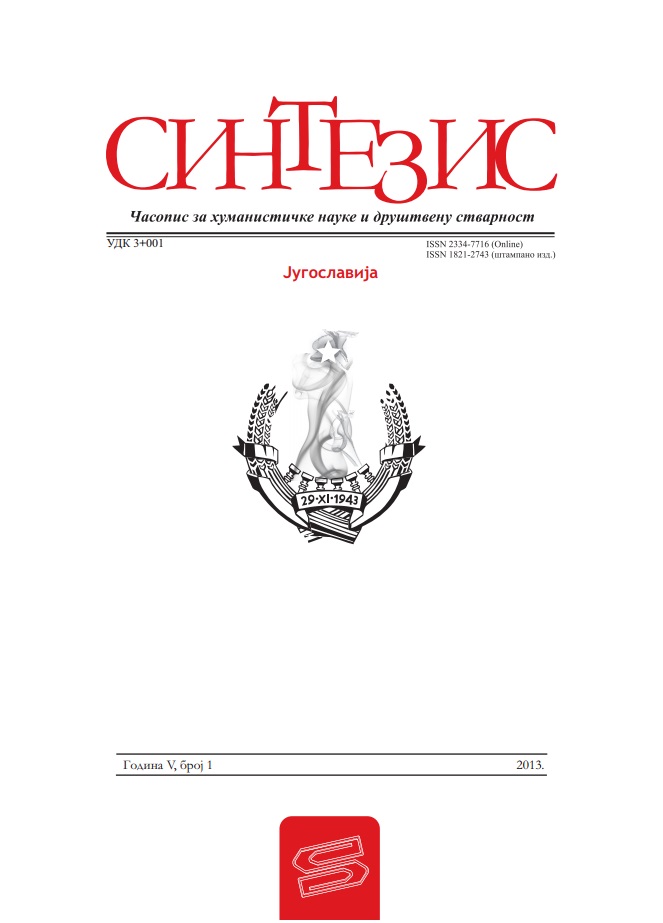Мултиродни систем у етничкој заједници Бугис на Јужном Сулавесију
Multi-Gender System among the Bugis in South Sulawesi
Author(s): Mario MilakovićSubject(s): Gender Studies, Social Norms / Social Control, Identity of Collectives
Published by: Центар за хуманистичке науке »Синтезис«
Keywords: Gender; multi-gender; transgender; Bugis; Indonesia; South Sulawesi; calalai; calabai; bissu;
Summary/Abstract: What is the thing that we call gender? This essay is an attempt to describe one possible answer, through an example of Bugis ethnic group situated in the Indonesian archipelago. Globally, a majority of societies equate the number of mainstream sexes with the number of gender identities, often limiting it to a standard binary - male and female. This dichotomy both ignores the concept of “third sex” (subject of intersex persons) and neglects the possibility for construction of different models of gender that cross the limits determined by sexual dualism. Yet, there are some societies in the world that either once recognized or today acknowledge the presence of the third “sex/gender” and multi-gender categories. One society in which multi-gender identities matrix everyday life is within the ethnic group Bugis, located in South Sulawesi at Indonesian archipelago. This essay explores the special, autonomous status for five different gender identities within the Bugis community - makkunrai (feminine womyn), oroane (masculine men), calalai (masculine womyn), calabai (feminine men) and bissu (androgynous shamans). Bugis multi-gender system demonstrates a possibility of gender pluralism and diversity that established it’s own gender agency that outlasted many different historical, religious and political settings and continuous to hold on to it in a today’s context that is dominated by tradition and heteronormativity.
Journal: Синтезис - часопис за хуманистичке науке и друштвену стварност
- Issue Year: V/2013
- Issue No: 1
- Page Range: 121-144
- Page Count: 24
- Language: Serbian

